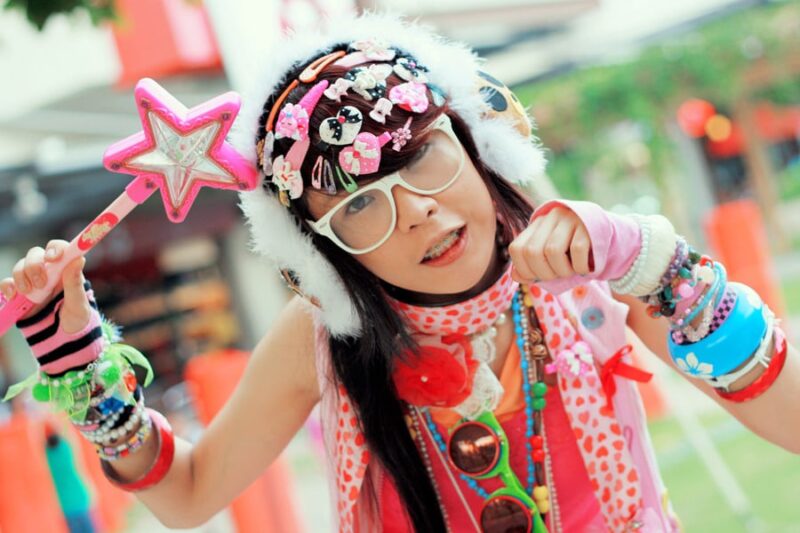
32 Cute Japanese Words You Need to Know (Kawaii and Beyond)
Cute Japanese words play an enormous role in Japanese culture.
They’ve influenced years’ worth of fashion subcultures, youth humor, cultural behavior, media and Japanese music—collectively known as 可愛い (かわいい) or kawaii culture.
In this blog post, you’ll learn 32 cute Japanese words you can use during conversations with friends.
You’ll also encounter them while reading manga and watching anime.
Contents
- 1. 集中豪雨 (しゅうちゅう ごうう) — Intense rain
- 2. ドキドキ (どきどき) — Excited
- 3. 可愛い (かわいい) — Cute
- 4. 痛バッグ (いた ばっぐ) — Painful bag
- 5. 餓鬼 or ガキ (がき) — Brat
- 6. 子猫 (こねこ) — Kitten
- 7. ニャー (にゃー) — Meow
- 8. 愛郷 (あいきょう) — Love for one’s hometown
- 9. 蝶蝶 or 蝶々 (ちょうちょう) — Butterfly
- 10. 美学 (びがく) — A love for beautiful things
- 11. 薩摩芋 (さつま いも) — Sweet potato
- 12. デコラ (でこら) — Decora
- 13. 卵 (たまご) — Egg
- 14. 好き !(すき!) — I like you!
- 15. キスして (きす して) — Kiss me
- 16. 綺麗 (きれい) — Pretty
- 17. まさか !— No way, Jose!
- More Cute Words in Japanese
- Why You Should Learn Cute Japanese Words
- And One More Thing...
Download: This blog post is available as a convenient and portable PDF that you can take anywhere. Click here to get a copy. (Download)
1. 集中豪雨 (しゅうちゅう ごうう) — Intense rain
The Japanese language has quite a few expressions for rain.
The cute aspect of this word comes from how it sounds.
集中豪雨 is pronounced “shū chū gōu” or just a drawn-out “shū.” When you think about it, “shū” sounds like rain falling from the sky.
2. ドキドキ (どきどき) — Excited
Another cute word with merit is found in how it sounds when spoken: “Doki doki.”
It’s more of an expression of excitement than the word itself.
Even the katakana for this word is cute-looking, almost resembling two tiny people jumping up and down in excitement. The term is used in anime pretty often as well.
3. 可愛い (かわいい) — Cute
I have to include the summa cum laude of cute words to this list.
可愛い originated from the phrase 顔映し (かお うつし) — “glowing face”, which is used to describe someone who’s blushing from embarrassment.
4. 痛バッグ (いた ばっぐ) — Painful bag
The term “painful bag” sounds a bit rough. However, 痛バッグ is actually a cute trend in Japan right now!
痛バッグ are cute backpacks that feature a front PVC window which allows the wearers to showcase their favorite miniature collectible items—pins, stickers, plushies, mobile phone charms, badges.
Usually, the collectible items have a theme, like an anime or video game character.
The term “painful bag” comes from the idea that some wearers pack their “ita” bags so full of collectibles that they can be too busy or “painful” to look at. Some owners go the extra mile and install LED lighting in their bags.
5. 餓鬼 or ガキ (がき) — Brat
The word “gaki” sounds cute, especially when you’re teasing a whiny little kid.
6. 子猫 (こねこ) — Kitten
子猫 is a derivative of the well-known Japanese word 猫 (ねこ) — cat. 子 essentially means “child” or “child version.”
7. ニャー (にゃー) — Meow
If you’ve ever watched anime or read manga, chances are you’re aware of the Japanese expression of “meow,” which sounds more like “nya” or “nyan.”
8. 愛郷 (あいきょう) — Love for one’s hometown
This phrase isn’t just cute, it’s heartwarming.
愛郷 translates to “love town” but is commonly used to describe the unique fondness and homesickness you might feel about the place you grew up in.
9. 蝶蝶 or 蝶々 (ちょうちょう) — Butterfly
Butterflies are cute, but the Japanese word for them is even cuter.
蝶蝶 is pronounced “chō chō” or just “chō” for short.
10. 美学 (びがく) — A love for beautiful things
This term is closely related to a word English speakers throw around: “aesthetics.”
However, there’s more of a cutesy connotation to 美学 that describes a love of cute, admirable, pleasant and visually satisfying things.
The term could be used by 原宿 (はらじゅく) — Harajuku fashion aficionados when describing young people who love to dress up in that specific style.
11. 薩摩芋 (さつま いも) — Sweet potato
Even though they look lumpy and brown, the word “sweet potato” in Japanese is pretty cute. 薩摩芋 could be a cute pet name to give your Japanese significant other as well.
12. デコラ (でこら) — Decora
The word “decora” is somewhat of a loanword from English, literally meaning “decor” or “decoration.”
Popularized in the late 90s, Decora is a Harajuku-based fashion subculture that peaked in the early 2000s but still has some presence today.
A typical Decora look involves extremely bright colors, dozens of hair clips, bags, accessories, arm warmers, legwarmers, cutified dental masks and pretty much whatever cute little accessories the wearer could incorporate into their outfit.
13. 卵 (たまご) — Egg
Don’t think eggs are cute?
Maybe you should check out ぐでたま, Gudetama, the lazy melancholy egg that we can all relate to. The verbal expression of 卵 is “tamago”, which is just fun to say.
14. 好き !(すき!) — I like you!
What’s not cute about confessing your affection for someone (or being on the receiving end)? This term is a good one to remember if you’re thinking about revealing your feelings for someone.
15. キスして (きす して) — Kiss me
It’s very cute to ask your partner for a kiss, and キスして is the perfect phrase to use.
Note: Don’t throw this around with anyone other than your partner. It’d be creepy in English, too.
16. 綺麗 (きれい) — Pretty
You would use 綺麗 when your partner or a friend shows up in a new outfit. It’s a very sweet compliment and sounds cute when said.
17. まさか !— No way, Jose!
まさか is usually used when speaking with friends. It’s not the kind of phrase you’d use in the office or on the train. It’s better reserved for a lively conversation with a loved one.
More Cute Words in Japanese
| Japanese Word | English Translation |
|---|---|
| ふわふわ | fluffy |
| ころころ | small and round |
| ぴかぴか | shiny |
| きらきら | sparkling |
| もふもふ | fluffy or puffy |
| にこにこ | smiling |
| わくわく | excited |
| ぺたぺた | sticking to |
| くるくる | going round and round |
| ふんわり | softly |
| ぴょんぴょん | hopping |
| ちくちく | prickly |
| きゅんきゅん | heart-throbbing |
| ぽかぽか | warmly |
| さらさら | smooth |
Why You Should Learn Cute Japanese Words
There must be a reason why cute culture is so important to Japan compared to American culture.
But unfortunately, its origins are hard to pinpoint.
It’s believed that cute culture emerged in Japan around the 70s or so.
The rise of stylish penmanship for young girls—in conjunction with the appearance of a new character known as Hello Kitty—seems to be the start.
Teen girls consumed a lot of merchandise that involved cute imagery, and it all evolved into a massive part of modern Japanese culture among all—young, old, male and female.
Here are four reasons why the above 32 cute Japanese words should be added to your flashcard collection:
- Kawaii culture is very prevalent in Japanese youth. If you plan on traveling, it would be wise to brush up on some of these words—and the general vibe of cute culture.
- Understanding culture is part of becoming fluent. Knowing current trends and major Japanese cultural points gives you something to connect with your language partner or Japanese friends. You won’t feel lost when these cultural tidbits pop up in your favorite Japanese media, either.
- They’re easy to use in conversation. Impress your native speaker friends by throwing a few in your text messages, phone calls or small talks.
- Many of these words are used in anime and manga. It would be helpful for the aspiring 漫画家 (まんがか) — “cartoonist” to know them, but also your everyday fan or occasional watcher.
To truly master these 32 cute words (and many more), it’s best to immerse yourself in Japanese as much as possible—such as anime, songs, TV shows, movies and more. FluentU is a helpful platform for turning these Japanese media forms into language lessons.
FluentU takes authentic videos—like music videos, movie trailers, news and inspiring talks—and turns them into personalized language learning lessons.
You can try FluentU for free for 2 weeks. Check out the website or download the iOS app or Android app.
P.S. Click here to take advantage of our current sale! (Expires at the end of this month.)

These 32 cute Japanese words are perfect for adding to your arsenal of native speaker-sounding vocabulary.
勉強頑張ってね!(べんきょう がんばってね!) — Good luck in your studies!
Download: This blog post is available as a convenient and portable PDF that you can take anywhere. Click here to get a copy. (Download)
And One More Thing...
If you love learning Japanese with authentic materials, then I should also tell you more about FluentU.
FluentU naturally and gradually eases you into learning Japanese language and culture. You'll learn real Japanese as it's spoken in real life.
FluentU has a broad range of contemporary videos as you'll see below:

FluentU makes these native Japanese videos approachable through interactive transcripts. Tap on any word to look it up instantly.

All definitions have multiple examples, and they're written for Japanese learners like you. Tap to add words you'd like to review to a vocab list.

And FluentU has a learn mode which turns every video into a language learning lesson. You can always swipe left or right to see more examples.

The best part? FluentU keeps track of your vocabulary, and gives you extra practice with difficult words. It'll even remind you when it’s time to review what you’ve learned. You'll have a 100% personalized experience.
Start using the FluentU website on your computer or tablet or, better yet, download the FluentU app from the iTunes or Google Play store. Click here to take advantage of our current sale! (Expires at the end of this month.)



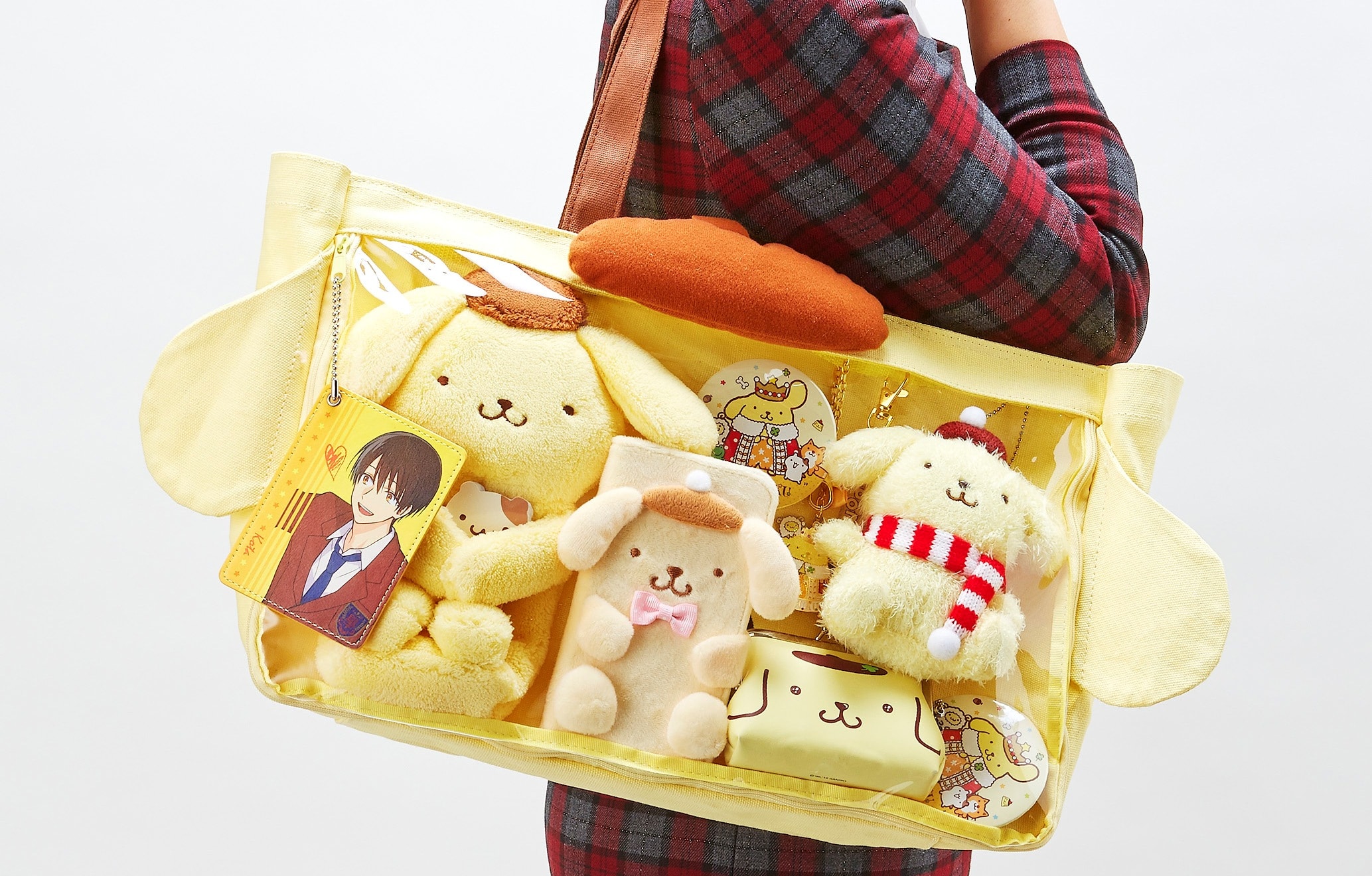

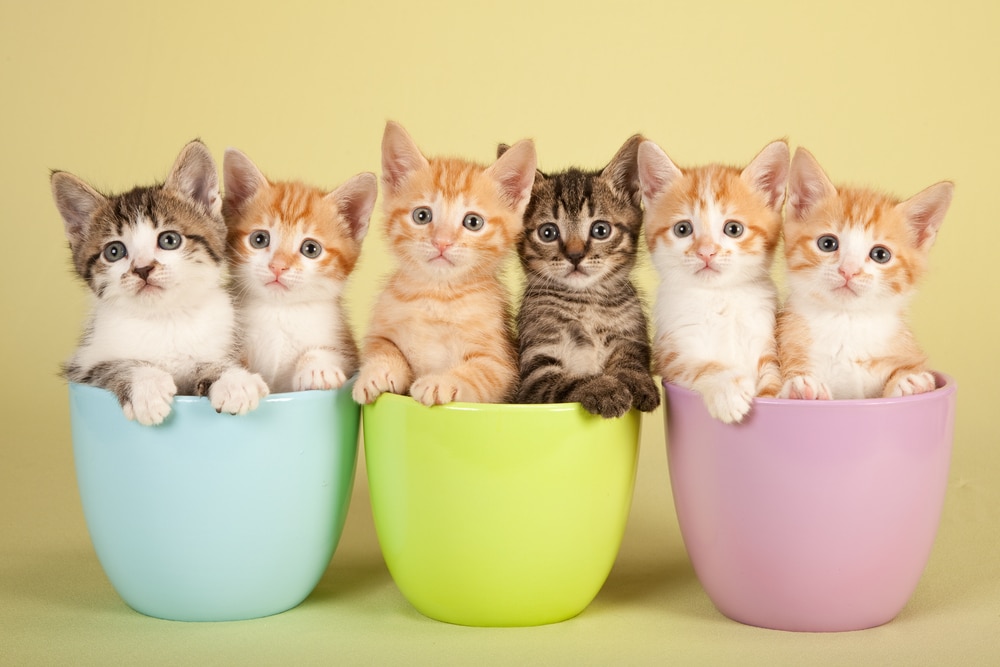



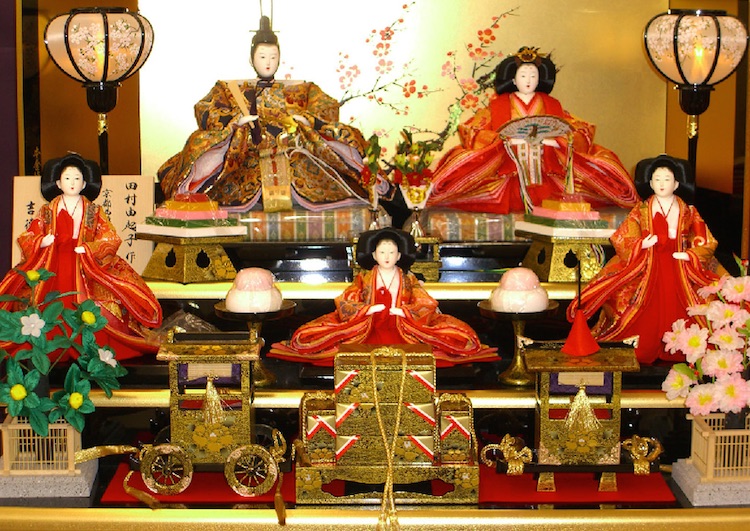


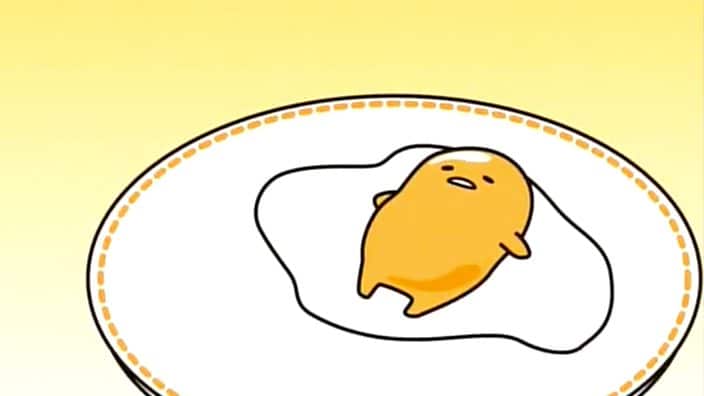
![Paper reading "I [thumbs up symbol] you"](https://www.fluentu.com/blog/japanese/wp-content/uploads/sites/6/2018/02/cute-japanese-words-13.jpg)





